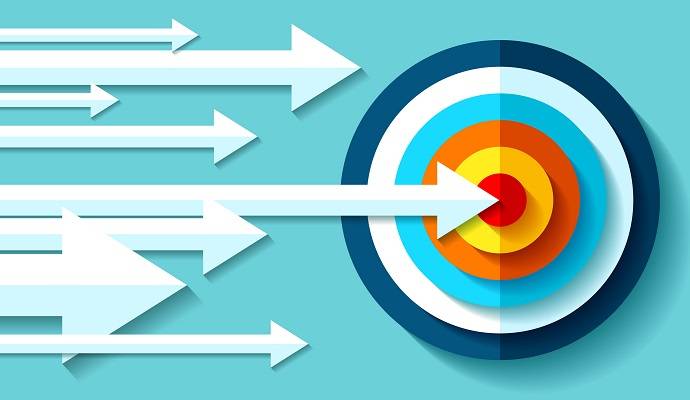What Are The Strategies To Drive Edtech Sales?

The marketing strategy involves understanding and process planning. A detailed analysis of your target audience or customers is also a necessary factor. The biggest mistake I have seen with marketing teams is to rely on the experience of others in the industry to define their funnel. Here they are unaware of the differences between models, financing, and buying cycles in education.
The first step in integrating a sales and marketing approach is to decide which sales strategy best suits your product. How you present your company, service to the potential customers, and the effort on their specific needs are the things to be considered in edtech sales strategies.
When selling products and services to institutions, it is necessary to step back and align your edtech company with the timeless learning continuum. Look for a moment about what makes your business unique and how it supports timeless learning. That can help you drive your ed-tech sales strategy. It is vital to think about the time and situations prevailing around a marketing plan.
The mapping of your purchasing journey can be a time-consuming process, but it is an essential part of your edtech sales strategy. While working with your team, you will discover where your edtech customers are entering your funnel. Once you have identified your buyer personalities, you can develop routine content that meets the goals and challenges of your potential buyers.
It is vital that the content you create talks to potential customers through different stages of awareness, reflection, and decision-making along the buyer’s journey. It is a crucial factor to depict the journey of the buyer. You will be satisfied with what you have if you can adapt your sales methods to the buyer journey and deliver leads with the right content at the right time.
Marketing can also play a valuable role in helping organizations advance broader Corporate Social Responsibility (CSR) initiatives. Brands can use content marketing for customer loyalty and cross-selling as well as sales.
As an Edtech provider, donating your solution to your local school district is a win-win situation. It helps not only to build goodwill in the community but also to generate positive case studies.
The unprecedented demand for digital learning solutions has opened the door for edtech sales professionals. The situations make it easier for them to present themselves as decision-makers and highlight their products and services. Given the number of new learners, trainers, and administrators to bring on board, edtech companies need to accelerate adoption and increase the value of their tools. A steady service to the existing customers can lead the way in developing deeper relationships and building a community to support teachers and schools.
When we asked education decision-makers what steps they would take to make their sales process more efficient, 200 respondents (553.49%) said they would follow an advisory sales approach, while 4,186 opted for automation (37.21%) and said that personalized omni channel communication (4,186%) would improve lead response time and speed. While edtech companies are struggling to replicate the personalization seen in personal sales, they are selling more digitally, and the overall digital acceptance by sellers and customers is positive.
While 60% of marketers have an inbound marketing strategy, most edtech companies have been slow to implement this new approach to customer acquisition. Inbound Marketing differs from older, more traditional forms of marketing in that it does not focus on reaching customers via cold sales or direct sales. Instead, it provides potential customers with content at every step of the journey to move them through the funnel.
Sales have multiple levels and a complex sales cycle. It requires an integrated sales and marketing approach. While selling a larger, more comprehensive product that is used across an entire school, a top-down sales approach is not optional, but necessary.
If you know the cost and benefits of this approach and have a deep understanding of your product, you will not have any problem choosing this option to complete more sales. We spoke to five edtech companies that used this approach to close CRMs and sell educational products and services during the crisis.
Edtech marketing agencies should focus on company offers, including their digital learning platform and services that bring educators, students, and parents together. As the edtech industry grows, so does the need to understand why administrators are wary of sales calls from companies they believe are trying to exploit the current environment to make sales and attract new customers.









